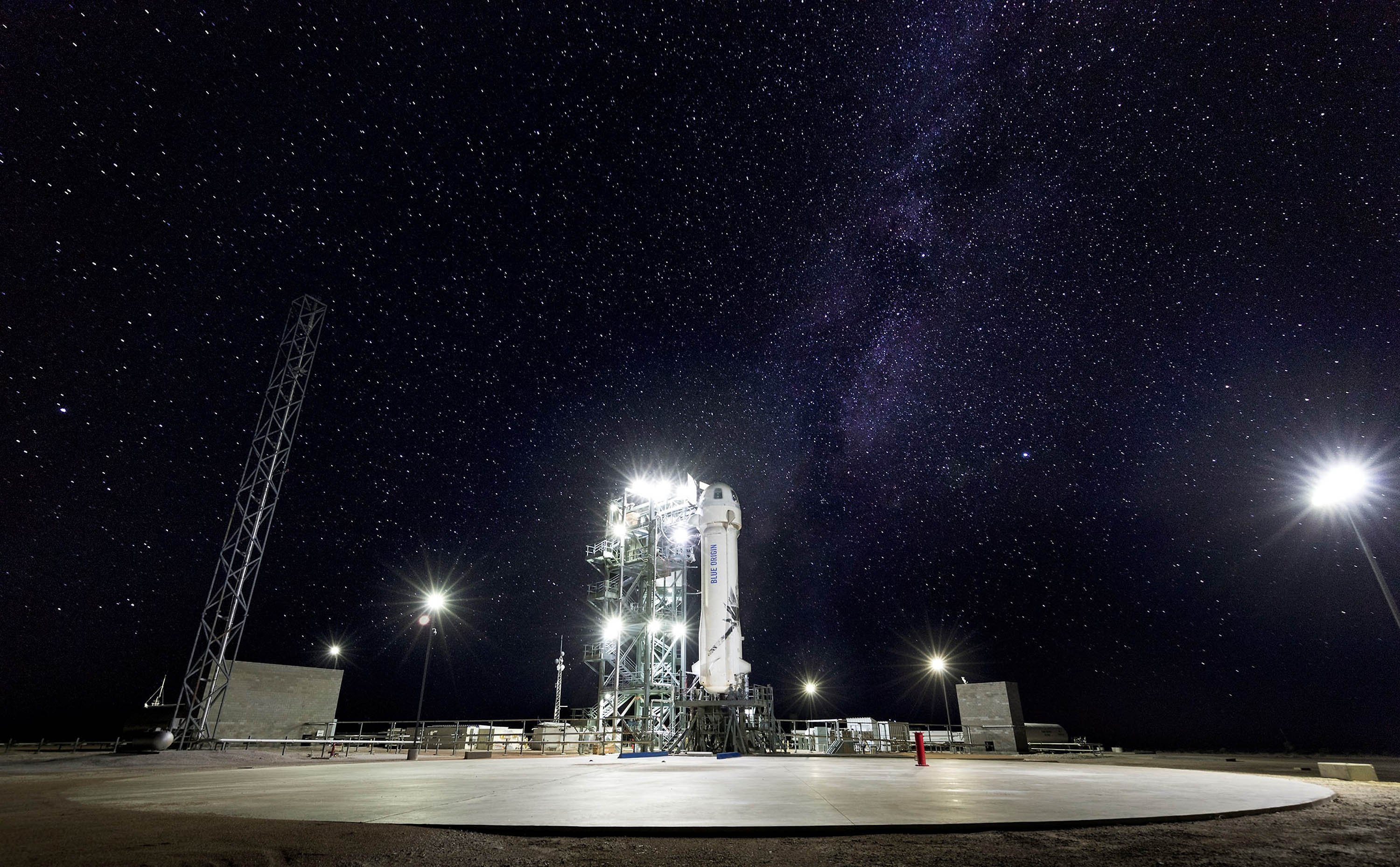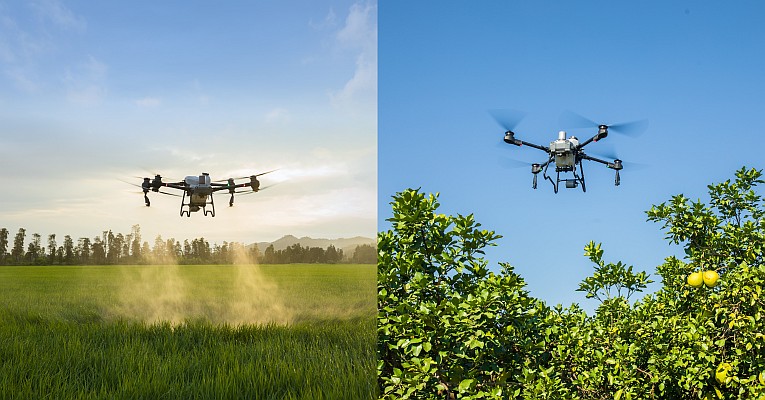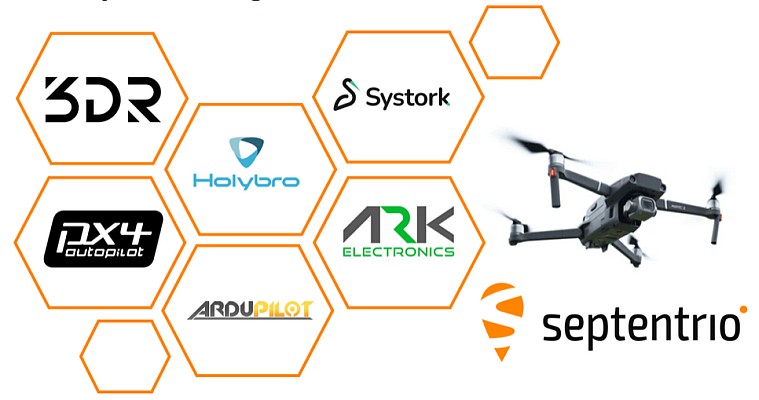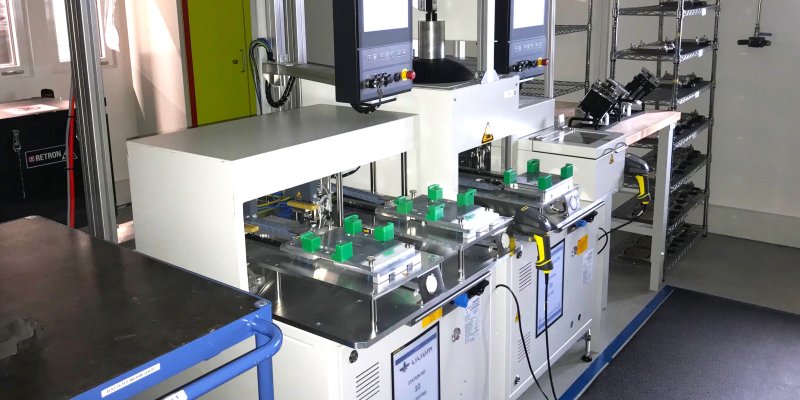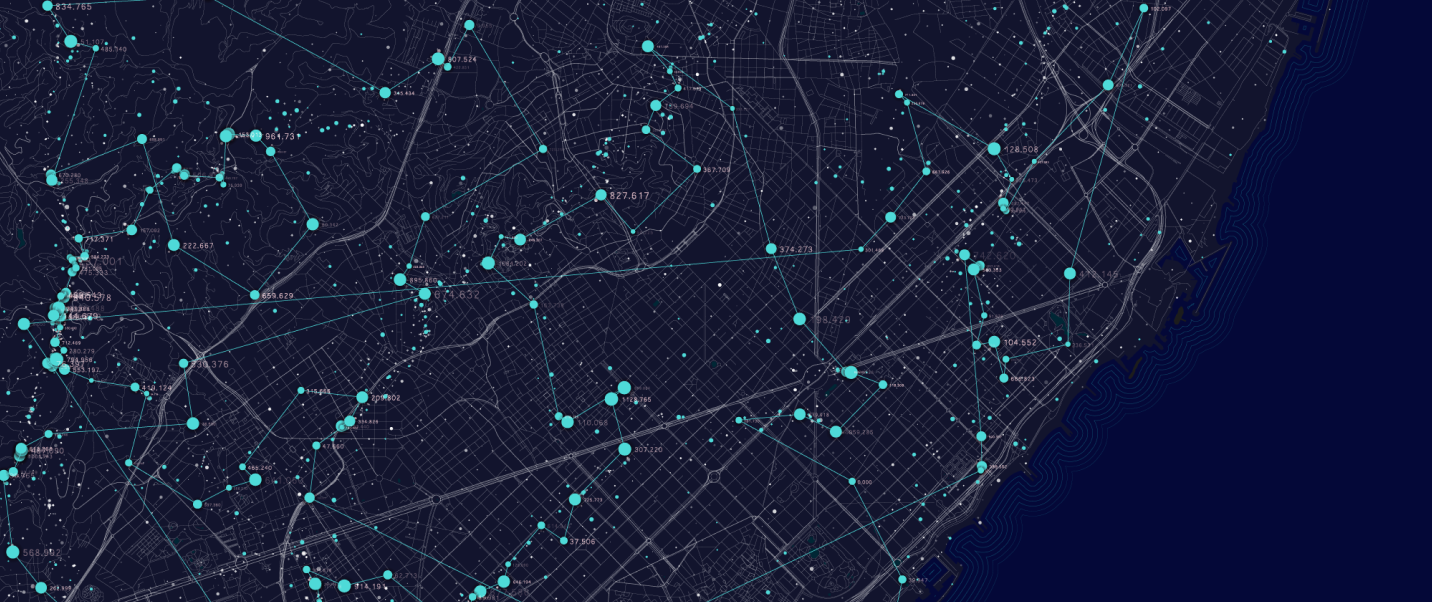The Open Geospatial Consortium joins the World Standards Day celebration, announcing a Climate Challenge Integration Plugfest.
World Standards Day is celebrated by the International Electrotechnical Commission, the Intergovernmental Panel on Climate Change, the International Telecommunication Union and other organizations each year on 14 October to honor the efforts of thousands of experts worldwide who collaborate to develop voluntary International Standards that facilitate trade, spread knowledge and disseminate technological advances.
In accordance with this year’s theme for World Standards Day, "Tackling climate change through standards," the OGC, the Australian Bureau of Meteorology and the Open Source Geospatial Foundation will conduct a Climate Challenge Integration Plugfest at the FOSS4G Conference in Sydney, Australia, 20-23 October, 2009. The CCIP is a prime opportunity for vendors, users and other interested parties to mutually refine services, interfaces and protocols in the context of a hands-on engineering experience expected to shape the future of geospatial and imagery-related Web Services software development and Web publication of scientific geospatial data. Participation is encouraged by commercial entities as well as free and open source projects.
– The OGC’s Geography Markup Language Encoding Standard is part of the IEC’s Common Information Model smart grid standard and OGC participates in the smart grid standards effort led by the US National Institute of Standards and Technology. The smart grid promotes energy efficiency and renewable energy.
– The OGC’s recent AEC/Owner/Operator Testbed, run in collaboration with the buildingSmart alliance, explored, among other things, ways that energy analysis of buildings could be served by interoperability standards for Building Information Models.
The OGC works with the World Wide Web Consortium, OASIS, International Organization for Standards, IEEE Technical Committee 9, Open Mobile Alliance, Web3D and other standards organizations to ensure a unified standards framework for geospatial technologies. This framework is a critical asset for those who are working to understand and mitigate climate change and its impacts.
For more information please visit www.opengeospatial.org


